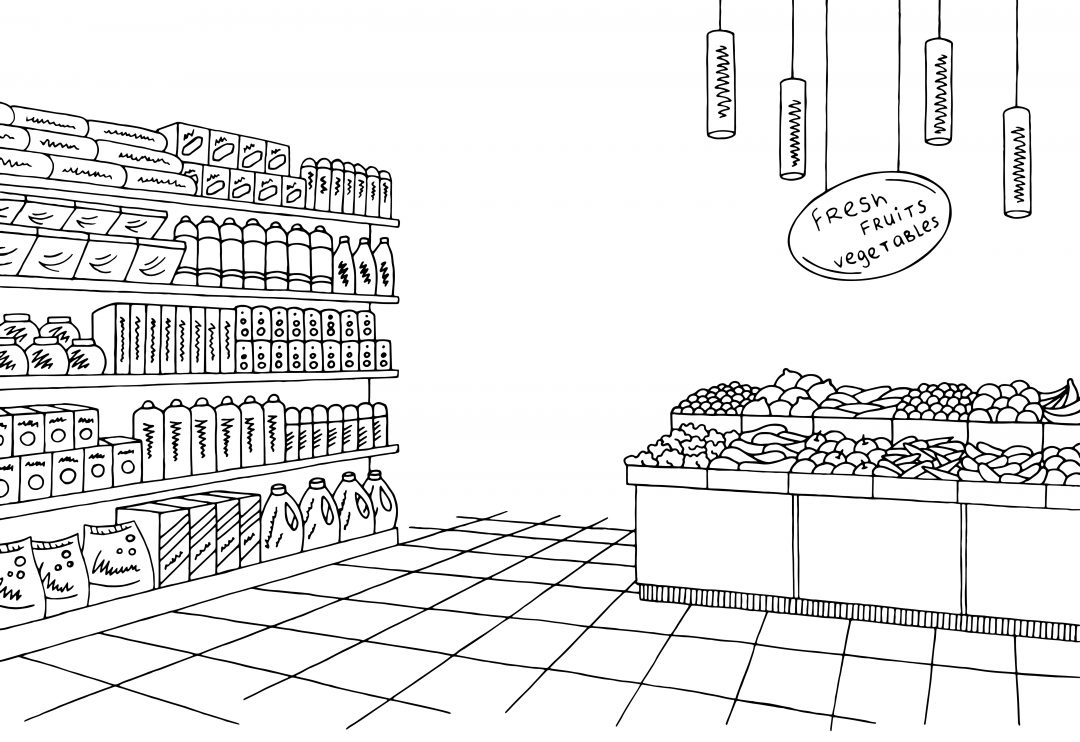In The Street survey conducted on 3-5 May, we asked respondents whether, due to changing economic situation in Poland and the world, their grocery shopping habits would change? And if so, what will change in their purchasing decisions? Here are the key observations:
Frequency
Poles still minimize the number of visits to the store: Average “everyday” purchases last 4-7 days.
Availability
Because respondents try to do all shopping in one place, they are ready to give up their favourite brands and products if these items are missing from the store’s offer.
Control
Respondents are convinced that shopping planning gives them more control over their budget.
Store format
Poles shop most often in stores within walking distance, preferably small ones. Respondents underline the role of e-commerce and food delivery services as a way to minimize the risk of getting sick.
Quantity, not variety
In a situation of deepening crisis, Poles declare that they will limit consumption in quantitative terms and give up pleasure products, rather than “cutting out” entire product categories.
Shopping Basket of new normal
Purchase proportions have changed. Bread has disappeared, and bakery products have taken its place. We buy more products with extended “best before date”, e.g. instead of fresh milk, we choose UHT milk and powdered, non-perishable articles. At the same time, the number of products considered unhealthy: containing preservatives or artificial colours, has decreased. The study also showed a reflection of current trends: respondents are looking for products of Polish origin, seasonal, less processed, with health-promoting qualities.
The Street is an online research community of the Publicis Groupe, a social networking site where moderated discussions are conducted. It enables the implementation of qualitative research in a short period of time. The subject matter of the research allows better understanding of consumers, their behaviour and needs. The participants of the forum are 107 people aged 18-62, from all over Poland, with vocational education.

